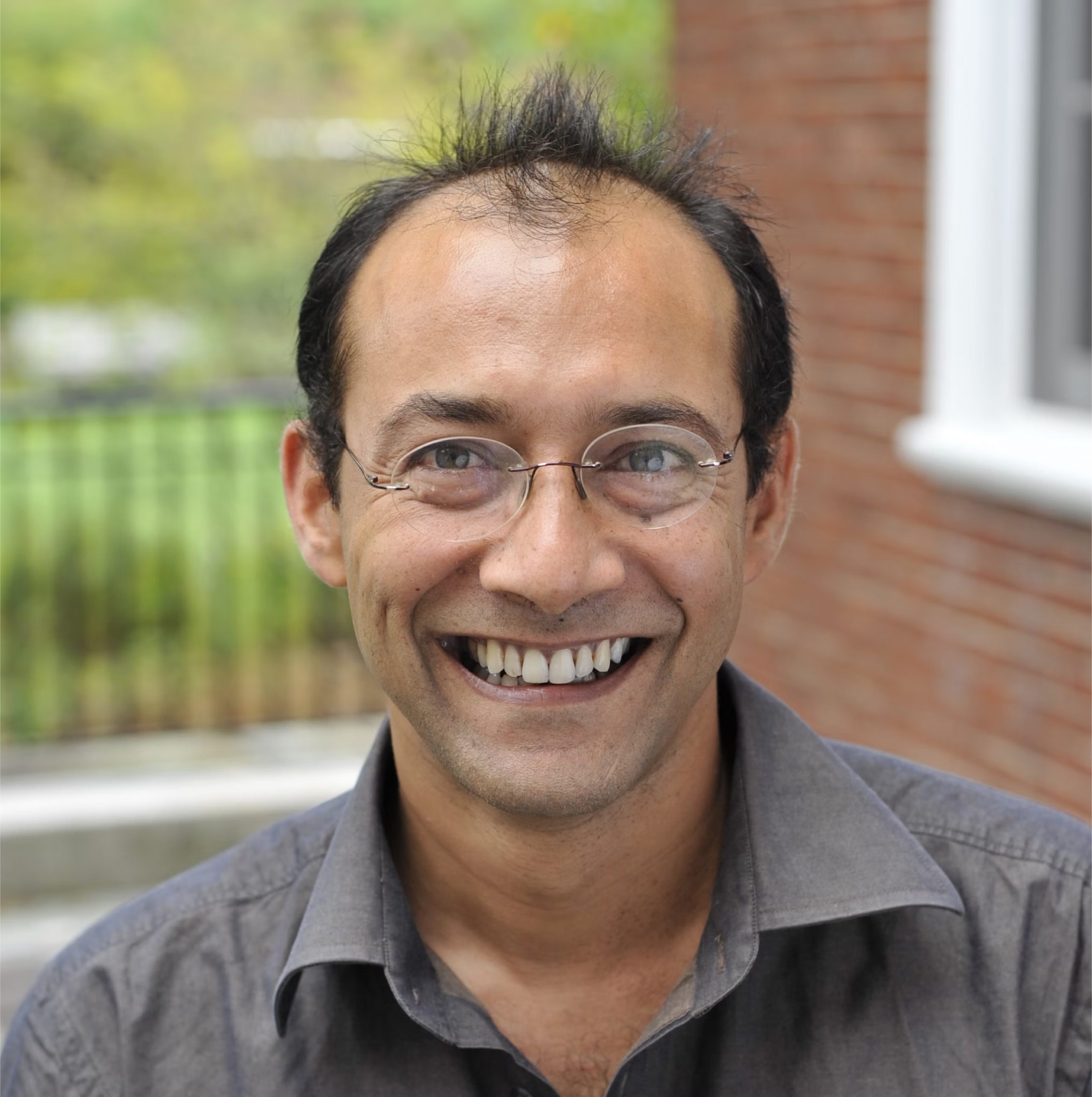Subjects
Subjects taught the current academic year:
On Leave through Fall 2023
21L.017 The Art of the Probable (Fall 2024)
Subjects taught in recent years:
Research Interests
While colonialism and postcolonialism remain enduring interests, more recently I have turned to explore the interrelationships obtaining between literature and science in early modernity. This research has occasioned a special Forum on the topic in Shakespeare Studies (2022) and led as well to a co-edited collection (with Lowell Gallagher) entitled Knowing Shakespeare: Senses, Embodiment, Cognition (Palgrave Macmillan 2010). I am currently completing a monograph on the relationship between literature and mathematics in early modern Europe, tentatively entitled Before the Two Cultures, portions of which have appeared in print as standalone essays. In its early phases, these explorations were sustained by my participation in Making Publics: Media, Markets and Associations in Early Modern Europe, 1500 – 1700 [MaPs], a major five-year interdisciplinary research initiative funded by the Social Sciences and Humanities Research Council (SSHRC) of Canada.
Publications
2011 Renaissance Literatures and Postcolonial Studies, Edinburgh U.K.: Edinburgh University Press (approx. 224 pp.).
2010 Knowing Shakespeare: Senses, Embodiment and Cognition co-edited with Lowell Gallagher). New York: Palgrave Macmillan (270 pp.)
2002 Framing “India”: The Colonial Imaginary in Early Modern Culture. Stanford: Stanford University Press (389 pp.).
Special Issue
2021 Proposed, curated, and edited a Forum of 11 essays on Literature and Science for Shakespeare Studies XVLIX (133 pages).
Selected Articles
2017 “Milton, Leibniz, and the Measure of Motion,” inPalgrave Handbook of Early Modern Literature and Science, ed. Howard Marchitello and Evelyn Tribble. New York: Palgrave MacMillan, pp. 277-294.
2017 “‘Thou single wilt prove none’: Counting, Succession and Identity in Shakespeare’s Sonnets,” in Arden State of Play: Shakespeare’s Sonnets, ed. Hannah Crawforth and Elizabeth Baumann. London: Boomsbury, pp. 157-182.
2015 “Interrupted Games: Pascal, Hamlet, Probability,” in Shakespeare Studies XLIII, ed. James R. Siemon and Diana E. Henderson, pp. 179-207.
2011 “Learning from de Bry: Lessons in Seeing and Writing the Heathen,” Journal of Medieval and Early Modern Studies 41 (1): pp. 13-66.
2005 “Marking Time: Memory and Market in Shakespeare’s The Comedy of Errors,” Shakespeare Quarterly 56 (2): 176-205.
2004 “Performing Allegory: Erwin Panofsky and Titian’s Allegory of Prudence,” Emblematica 13: 1-38.
2001 “Back to the Future: Forging History in Luís de Camões’ Os Lusíadas,” in Ivo Kamps and Jyotsna G. Singh, eds., Travel Knowledge: European “Discoveries” in the Early Modern Period. New York: Palgrave Macmillan, pp. 127-147.
2001 “Can’t Buy Me Love: Money, Gender, and Colonialism in Donne’s Erotic Verse,” Criticism. 43 (2): 135-168.
Awards
Fall 2022 Fellow, French Institute of Advanced Study, Fondation IMéRA, University of Aix-Marseilles, France
Levitan Prize, MIT (2012-13)
Beatrice Shepherd Blaine Fellow, Radcliffe Institute (2010-11)
Jeptha H. and Emily V. Wade Award, MIT (2002-03)

